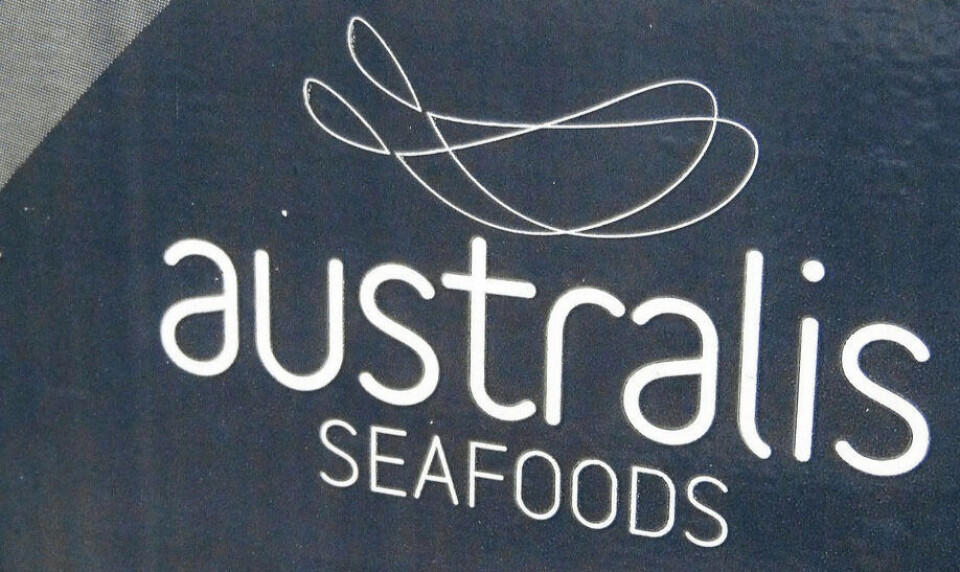
Chinese firm agrees £665m deal for Chilean salmon farmer Australis
China’s Joyvio Group has signed a deal to buy Australis Seafoods for £665 million after completing due diligence on the Chilean salmon farmer.
Australis president Martin Guiloff notified Chile’s Financial Market Commission that among the conditions that must be met by April 29 – a deadline that may be extended for up to 45 days – is the authorisation of the purchase by the Chinese government and the free competition entities of Chile, Brazil, the United States and Russia.
After fulfilling these conditions, Joyvio will launch an offer for 100% of the shares within the following 10 business days. The £665m price tag may be adjusted due to variations in the debt, net financial and working capital of Australis Seafoods between June 30, 2018 and the balance sheet date according to which the modification will be made.
$26.5 million acquisition
Joyvio is a subsidiary of Legend Holdings Corporation, a Chinese company with interests in finance, property, and information technology. It is the controlling shareholder of the Lenovo Group, which makes ThinkPad and Yoga laptops and other technological equipment.
Two hours before the detailed announcement about Joyvio, Australis told the CMF that through its subsidiaries Australis Mar and Piscicultura Río Maullín, it signed a US$26.5 million contract subject to conditions with the Sociedades Asesorías e Inversiones Cathoms and Inversiones Aneto, to acquire the entirety of the property of Pesquera Torres del Paine.
Processing plant
If this acquisition is completed, Australis Seafoods will be able to operate a plant located in Punta Arenas, allowing to improve its processing capacity of salmonids in Chile’s far south, “which should have positive effects on the consolidated results of the company”.
In an interview with Fish Farming Expert’s Chilean sister site, Salmonexpert, Australis Seafoods process manager Gerardo Crot said the processing plant has a capacity of 40,000 tons of salmon, of which 20,000 tons will be used by the company and another 20,000 tons by Cermaq.






















































